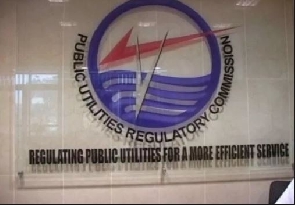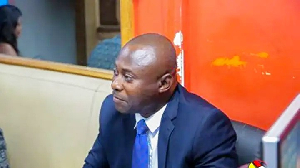A law professor, H. Kwasi Prempeh, has questioned the constitutionality of parliament in using its powers to approve private loans for its members to procure vehicles for official duties.
Parliament, he argued does not have the power to approve private loan facilities between any individual, regardless of his employment or employer, and a private lender.
He thus doesn’t understand why MPs car loans apparently secured with their salaries and end of service benefits, still require additional sovereign guarantee, thus making the government legally liable until the debt is fully paid.
“…What business does Parliament have using its power given to it to approve public loans to approve this supposedly private loan facility between individual MPs and a private lender?” he questioned.
Last year, parliament was reported to be considering the approval of a 22.5 million-dollar loan facility for the purchase of vehicles for all the 275 MPs in the country.
Each MP was expected to receive about 80,000 dollars to be repaid within four years.
On the back of the recent public discourse on the issue of ‘No Bed’ syndrome in the country’s big hospitals which led to the death of a 70-year old man in Accra a week ago, some Ghanaians have reignited the MPs car loan issue and condemned government for its lack of priorities.
Some critics have questioned why the various governments have been spending on MPs and their officials while our health system and other sectors requiring urgent attention have been relegated to the background.
In a Facebook post to comment on the MPs car loan story published last year, Prof. Prempeh who is the Executive Director of CDD-Ghana argued parliament’s power to approve loans is given it for only certain public loans.
That power, he said, “is not to be used to approve private loans. If Parliament has been doing it this way in the practice, I submit that it is procedurally wrong”.
In his view, parliament “must not use any of its formal powers granted under the constitution” for such purposes.
“At best, this must be done via the Parliamentary Service or the Finance Ministry, whichever one of them is responsible for paying MPs. Parliament as a body must be kept out of this business” he maintained.
General News of Friday, 15 June 2018
Source: 3news.com













